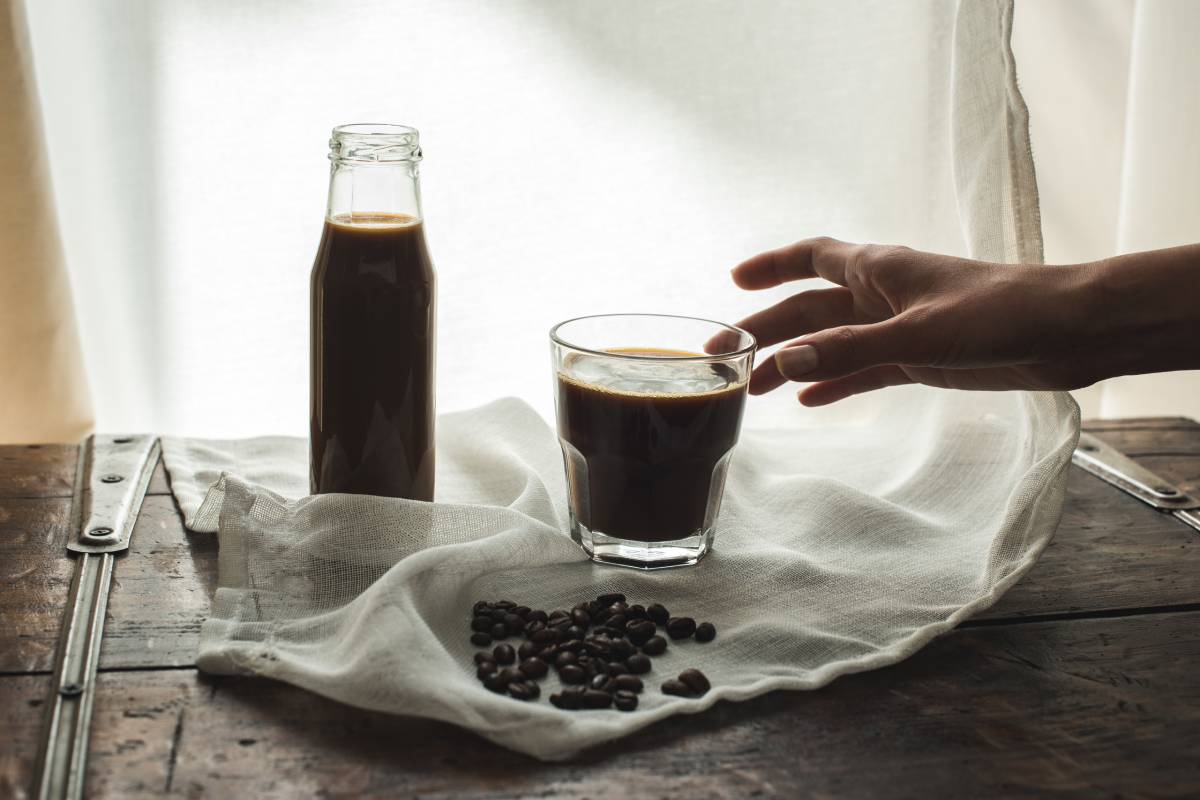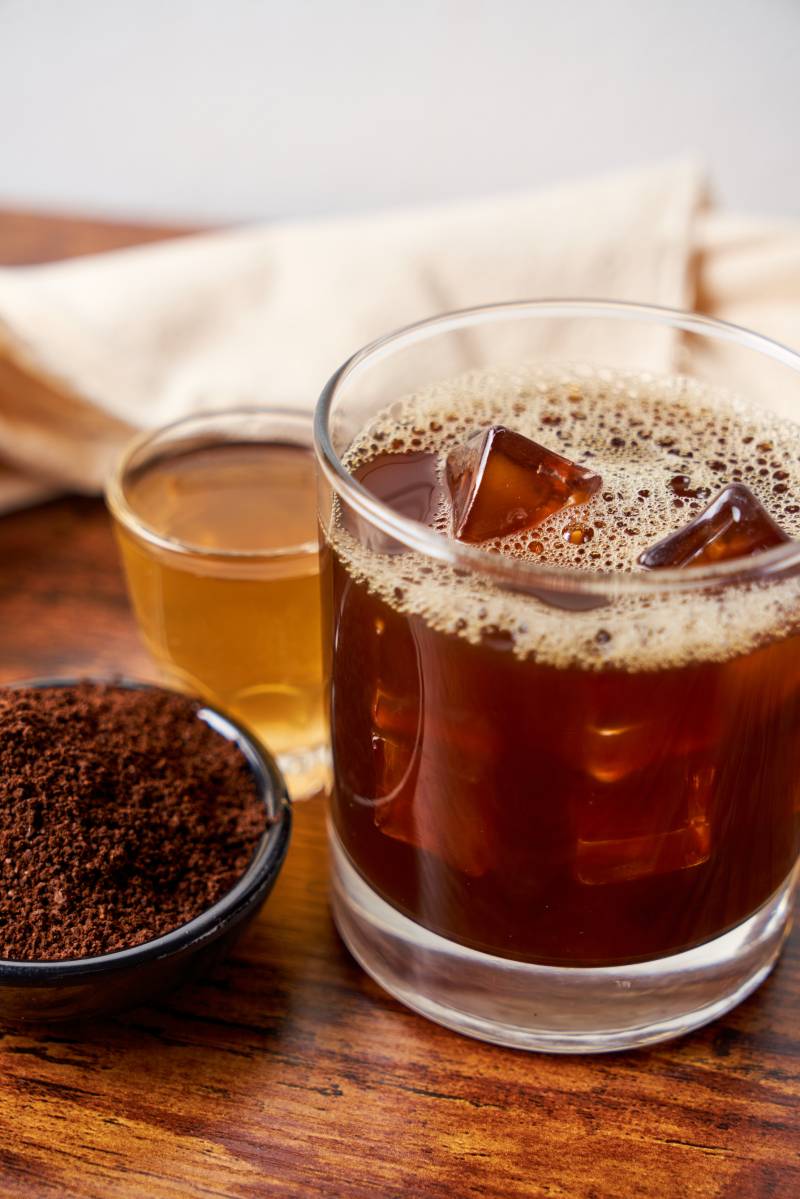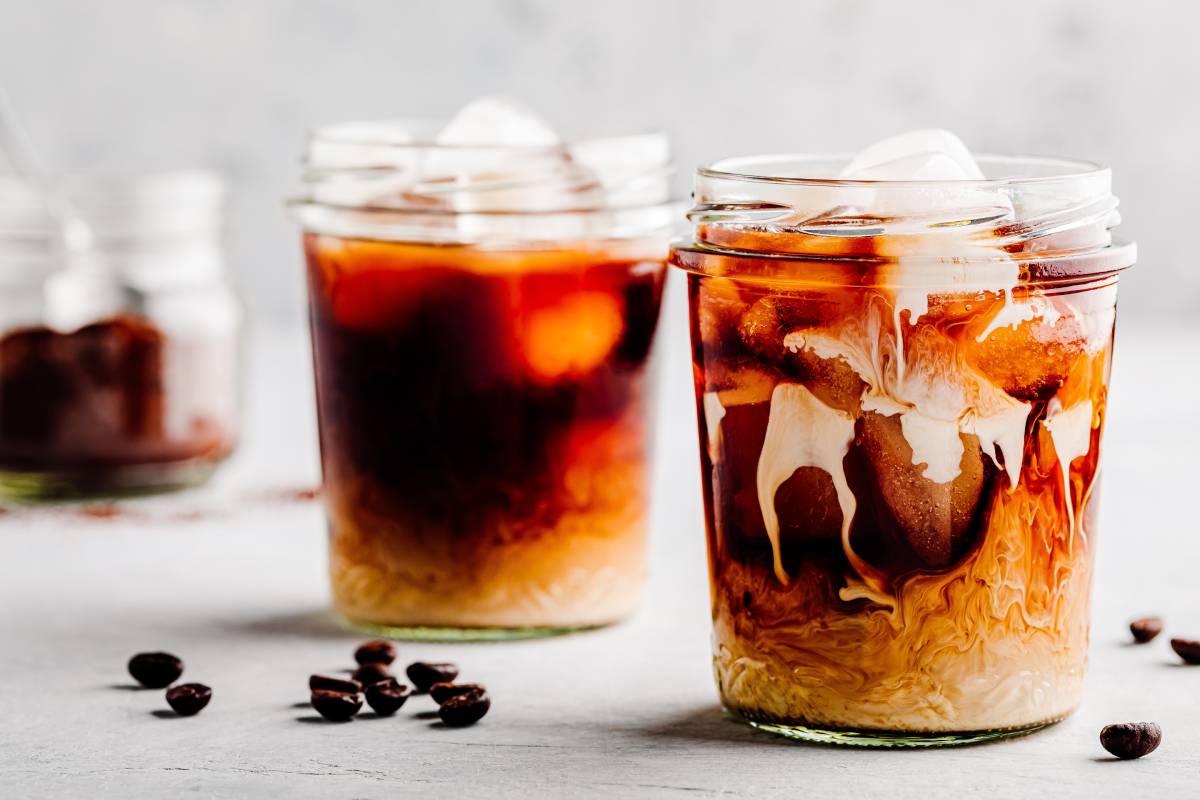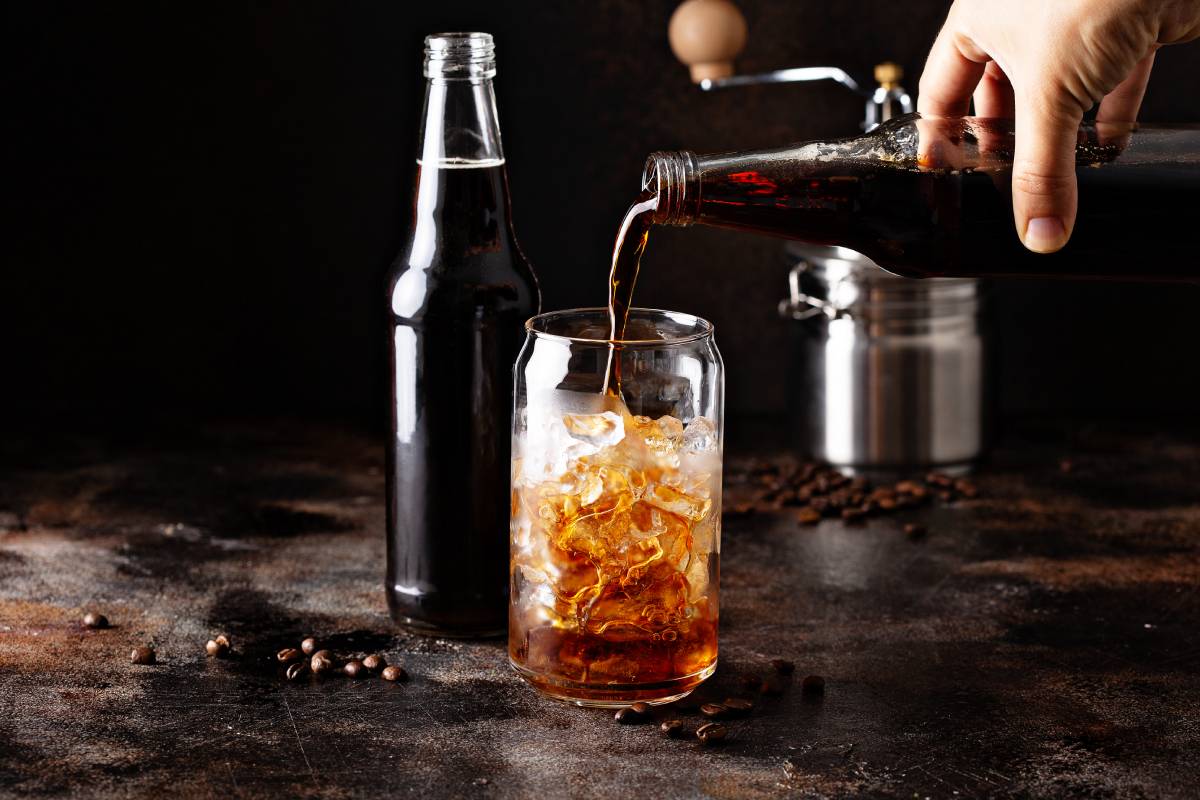Cold brew coffee: What you need to know?
LifeStyle Feb 27, 2024

In the vast landscape of coffee culture, aficionados have long championed diverse brewing techniques and drink varieties, each offering its own distinct appeal. Amidst this rich tapestry, cold brew coffee has emerged as a noteworthy contender, captivating palates and sparking curiosity, even within the confines of the home office.
But what sets this chilled concoction apart, particularly in contrast to the beloved espresso-based beverages? Delving into the world of cold brew unveils a myriad of virtues, from its velvety texture to its lower acidity, captivating both seasoned connoisseurs and casual coffee enthusiasts alike, whether they’re enjoying it at home, in their kitchen, or in their office setup.
Join us as we unravel the secrets behind cold brew’s rise to prominence and explore the boundless possibilities it offers to coffee lovers everywhere.
What is special about cold brew coffee?
Cold brew coffee is special for several reasons:
- Flavor Profile: Cold brewing coffee results in a smoother, less acidic taste compared to traditional hot brewing methods. This is because cold water extracts different compounds from the coffee beans compared to hot water, resulting in a different flavour profile.
- Lower Acidity: Cold brew tends to have lower acidity than hot brewed coffee. This makes it easier on the stomach for some people, and it can be a preferable option for those with acid reflux or sensitive stomachs.
- Versatility: Cold brew can be enjoyed straight over ice, diluted with water, mixed with milk or cream, or even used as a base for cocktails and desserts. Its versatility makes it a favourite among coffee enthusiasts.
- Longer Shelf Life: Cold brew coffee can typically last longer in the refrigerator compared to hot brewed coffee. This is because the cold brewing process extracts fewer oils that can turn rancid over time.
- Caffeine Content: Cold brew coffee can have a higher caffeine content than hot brewed coffee. Since it’s brewed with cold water over a longer period, it can extract more caffeine from the coffee grounds.
- Smoother Texture: Cold brew often has a smoother, silkier texture compared to hot brewed coffee, which can sometimes have a slightly bitter or astringent edge.
Overall, cold brew coffee offers a refreshing and unique way to enjoy coffee, particularly during warmer months or for those who prefer a less acidic and smoother coffee experience.
Is cold brew stronger than regular coffee?
Cold brew coffee can be stronger in terms of caffeine content compared to regular hot brewed coffee. However, this can vary depending on factors such as the ratio of coffee to water used in the brewing process and the specific type of beans used.
Cold brew is typically brewed with a higher coffee-to-water ratio and is steeped for a longer period, which can result in a more concentrated coffee. This concentration can lead to a higher caffeine content per serving compared to hot brewed coffee.
That said, when you consume cold brew, it’s often diluted with water, milk, or other ingredients, so the final caffeine content in your cup can vary depending on how you prepare and serve it.
In terms of flavour and intensity, cold brew tends to have a smoother and less acidic taste compared to hot brewed coffee, which some people perceive as stronger due to its concentrated flavour profile. However, in terms of caffeine content alone, cold brew can indeed be stronger.

Which is healthier cold brew or espresso?
Determining which is healthier between cold brew and espresso depends on various factors, including personal health considerations and how each beverage is consumed.
Cold Brew Coffee:
Pros:
- Lower Acidity: Cold brew coffee typically has lower acidity compared to espresso, which can be gentler on the stomach for some individuals.
- Potential Antioxidants: Cold brew coffee, like hot brewed coffee, may contain antioxidants that have various health benefits.
- Less Sugar and Calories: When consumed without added sugars or syrups, cold brew coffee is low in calories and can be a healthier option for those watching their calorie intake.
Cons:
- Higher Caffeine Content: Cold brew coffee can have a higher caffeine content compared to espresso, which may not be suitable for individuals sensitive to caffeine.
- Potential for Overconsumption: Due to its smooth taste, it may be easier to consume larger quantities of cold brew coffee, leading to excessive caffeine intake if not consumed in moderation.
Espresso:
Pros:
- Portion Control: Espresso is typically served in small quantities, making it easier to control portion sizes and caffeine intake.
- Quick Energy Boost: Espresso provides a quick energy boost due to its high caffeine concentration, which can be beneficial for those needing a pick-me-up.
- Potential Antioxidants: Like coffee, espresso contains antioxidants that may offer health benefits.
Cons:
- Higher Acidity: Espresso tends to have higher acidity compared to cold brew, which may not be suitable for individuals with sensitive stomachs or acid reflux.
- Possible Additives: Espresso-based drinks often include milk, sugar, or syrups, which can increase calorie and sugar intake, potentially negating some health benefits.
- Stress on the Heart: Consuming large amounts of caffeine from espresso can put stress on the heart and exacerbate certain health conditions in some individuals.
Ultimately, both cold brew and espresso can be part of a healthy diet when consumed in moderation and without excessive added sugars or syrups. It’s essential to consider individual health factors, such as caffeine sensitivity, acidity tolerance, and overall dietary habits, when choosing between the two beverages.

How to make cold-brew coffee?
Making cold brew coffee is relatively simple and requires minimal equipment. Here’s a basic recipe to make cold brew coffee at home:
Ingredients:
- Coarsely ground coffee beans
- Cold water
Equipment:
- Large jar or container with a lid
- Fine mesh sieve or coffee filter
- Cheesecloth (optional, for straining)
Instructions:
- Grind the Coffee Beans: Start by coarsely grinding your coffee beans. You can adjust the grind size depending on your preference, but a coarse grind works well for cold brew.
- Combine Coffee and Water: Transfer the ground coffee to a large jar or container. For a standard ratio, use about 1 part coffee to 4 parts cold water. For example, if you’re using 1 cup of coffee grounds, you’ll add 4 cups of cold water. Stir the mixture to ensure all the grounds are saturated.
- Steep: Cover the jar or container with a lid and let the coffee steep at room temperature for 12 to 24 hours. The longer the steeping time, the stronger the cold brew will be. You can adjust the steeping time based on your preference for strength.
- Strain: After the steeping period, strain the cold brew mixture to separate the liquid from the coffee grounds. You can use a fine mesh sieve lined with a coffee filter or cheesecloth for this step. Alternatively, some specialized cold brew coffee makers come with built-in filters for easy straining.
- Serve: Once strained, your cold brew coffee is ready to serve! You can enjoy it over ice or dilute it with water, milk, or your favourite creamer. Cold brew concentrate can also be stored in the refrigerator for up to a week and diluted with water or milk as needed.
- Optional: Add Sweeteners or Flavorings: If desired, you can add sweeteners such as sugar, honey, or flavoured syrups to your cold brew coffee for extra sweetness or flavour.
- Enjoy: Sit back, relax, and savour your homemade cold brew coffee!
Experiment with different coffee bean varieties, grind sizes, and steeping times to find the perfect balance of flavour and strength for your taste preferences.
The takeaway
We trust you found this information valuable! Before indulging in your next delightful cold brew, here’s a summary of our discussion:
Cold brew coffee involves:
- Utilizing coarser coffee grounds steeped in cold water for extended durations
- Differing from iced coffee in both preparation technique and flavour profile
- Offering refreshing attributes, convenience, a forgiving brewing process, and potential health perks
- Possessing greater strength and caffeine content if not diluted as much as traditional hot coffee
- Having an extended shelf life when stored in the refrigerator
Raise a glass to the joys of (cold) brewing! Cheers!